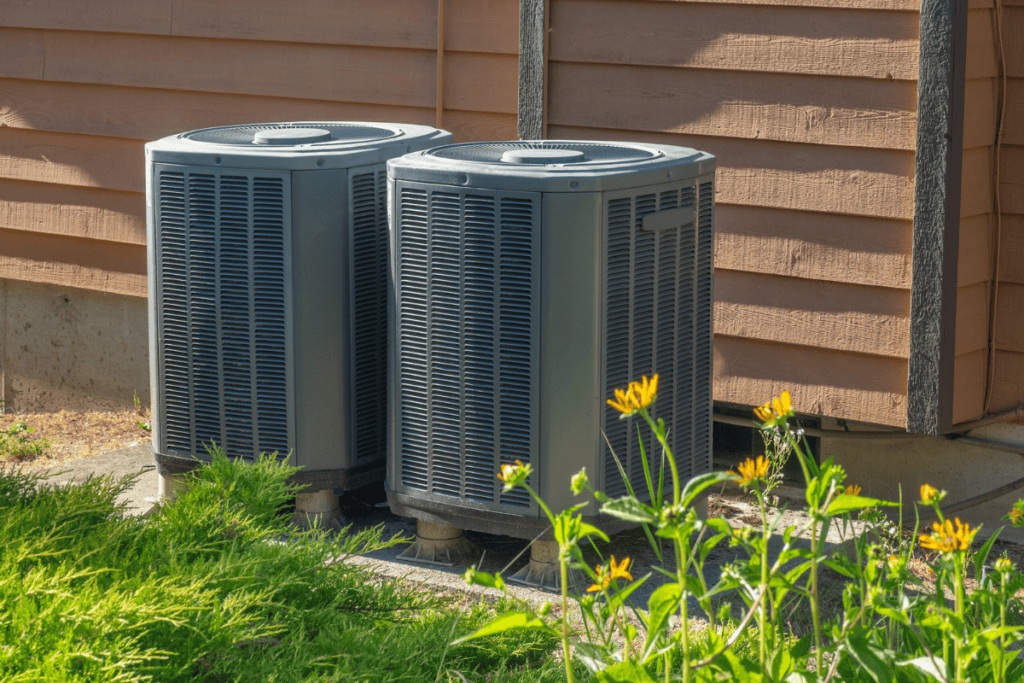Refrigerant is the heart of an air conditioner, responsible for the cooling effect that makes your AC an indispensable part of your home. However, it’s crucial to understand what type of refrigerant your AC uses and how it impacts the environment.
Different types of refrigerants have varying effects on the ozone layer and contribute to global warming, two of the most significant factors in climate change. As a homeowner, it’s important to be informed about the refrigerant in your system.
This article will explore the common types of refrigerants used in residential HVAC systems, such as R-22 (Freon) and R-410A. It will also discuss the ongoing phase-out of older, less environmentally friendly refrigerants and what it means for homeowners with older AC units.
By the end of this article, you will have a better understanding of the role refrigerant plays in their air conditioner, the environmental impact of different types of refrigerants, and what they can do to ensure their HVAC system is running efficiently and sustainably.
Contents
- 1 How Does A Refrigerant Work In Home AC?
- 2 Types Of Refrigerants Of The Old, Being Phased Out
- 3 Refrigerants That Are Being Introduced To Mainstream Air Conditioning
- 4 What Is The Need For Eco-Friendly Refrigerants?
- 5 What To Do If Your Air Conditioner Runs On An Outdated Refrigerant?
- 6 Contact HVAC Angel To Know All About Your AC Refrigerant
- 7 Frequently Asked Questions
How Does A Refrigerant Work In Home AC?
Refrigerant is a chemical compound that plays a crucial role in the functioning of air conditioners and heat pumps. It is the substance that absorbs heat from the air inside your home and releases it outside, allowing your AC unit to cool your living space effectively.
The process of how refrigerant works in a unit system is quite fascinating:
As a high-pressure liquid, the refrigerant passes through the expansion device of the AC unit, where a pressure drop causes it to cool down and become a low-pressure liquid. This low-pressure liquid then circulates through the evaporator coils inside your unit, absorbing heat from the air in your home and evaporating into a low-pressure gas.
The refrigerant gas then enters the compressor, where it is compressed into a high-pressure gas. This high-pressure gas passes through the condenser coils, releasing the heat it absorbed from your home’s air to the outside environment. As the refrigerant cools down, it condenses back into a high-pressure liquid, ready to start the cycle again.
Types Of Refrigerants Of The Old, Being Phased Out
Over the years, different types of refrigerants have been used in residential HVAC systems. Older air conditioners often used refrigerants that have been found to be harmful to the environment:
1. R-12 (Chlorofluorocarbons)
R-12 is one of the oldest refrigerants used in air conditioner. It is very harmful to the environment due to its greenhouse effect and contribution to ozone depletion.
2. R-22 (Freon)
R-22, commonly known as Freon, is currently the most widely used refrigerant, predominantly found in ACs older than 10 years. It was introduced as a replacement for R-12, with a reduced greenhouse effect due to its lower chlorine content.
However, R-22 is still considered harmful to the environment and is in the process of being phased out.
Refrigerants That Are Being Introduced To Mainstream Air Conditioning
As older, environmentally harmful refrigerants are being eliminated, newer, more eco-friendly alternatives are being introduced:
1. R-410A (Puron)
R-410A, also known as Puron, is the replacement for R-22 in new AC system. This refrigerant lacks chlorine, making it less harmful to the ozone layer compared to R-22.
Cooling systems that use R-410A refrigerant are known to be more efficient, offer better air quality, and provide increased comfort and reliability. However, R-410A still has a significant Global Warming Potential (GWP).
2. R-32
R-32 is a further enhancement of R-410A, with a significantly lower Global Warming Potential (GWP). It is easier to recycle and has lower operating and maintenance costs compared to R-410A.
As a homeowner, it’s essential to know what type of refrigerant your air conditioner uses. If you have an older unit that still relies on R-22 refrigerant, it’s good to be aware that this refrigerant is being phased out, and you may eventually need to replace your system with a newer, more environmentally-friendly one.
If you suspect your AC is low on refrigerant or has a refrigerant leak, it’s best to contact a professional HVAC technician to diagnose and repair the system.
What Is The Need For Eco-Friendly Refrigerants?
As the use of air conditioners continues to rise globally and becomes more affordable for the general public, it is crucial to keep the impact of refrigerants in check. Transitioning to environmentally-friendly refrigerants helps in achieving sustainable refrigeration and air conditioning systems, which is vital for mitigating climate change.
Eco-friendly refrigerants have a smaller impact on the environment compared to older refrigerants. They have a lower Global Warming Potential (GWP), meaning they contribute less to global warming. By adopting these new refrigerants, we can reduce the environmental impact of our systems while still enjoying the benefits of cool and comfortable indoor environments.
What To Do If Your Air Conditioner Runs On An Outdated Refrigerant?
If your current unit runs on an outdated refrigerant like R-22, it’s important to note that you cannot simply switch to a newer refrigerant, as an R-22-based AC is not compatible with R-410A. In the short term, you can only refill your AC with the refrigerant it supports.
However, if you are in the market for a new unit, it’s highly recommended to choose one that uses newer, eco-friendly refrigerants. If you own an older AC that relies on R-22, it may be time to consider updating your system, as the availability of R-22 will likely decrease in the coming years due to the phase-out process.
For those with ACs running on R-12, there is no option but to upgrade to a modern system, as this refrigerant has been completely phased out.
Contact HVAC Angel To Know All About Your AC Refrigerant
When it comes to understanding your unit’s refrigerant and making informed decisions about upgrading or maintaining your system, professional help is invaluable. At HVAC Angel, our experienced technicians are well-versed in the latest refrigerant technologies and can guide you through the process of choosing the most environmentally-friendly and efficient option for your home.
As a trusted name in the HVAC industry, we pride ourselves on providing top-notch service and expertise to our customers. Our team is dedicated to helping you navigate the complexities of refrigerants so that your air conditioning system operates at peak performance while minimizing its environmental impact.
Frequently Asked Questions
1. Are the new refrigerants costlier than older ones?
While newer, eco-friendly refrigerants may have a slightly higher upfront cost, they often result in long-term savings due to increased energy efficiency and lower maintenance costs.
2. Which is the latest refrigerant model available in the market?
R-32 is one of the most recent refrigerant models available, offering a lower Global Warming Potential and improved efficiency compared to its predecessor, R-410A.
3. Are the new refrigerant models leakproof?
While no refrigerant is completely leakproof, newer models are designed to minimize leaks and have better containment systems, reducing the risk of environmental damage and system inefficiencies.
4. Are refrigerants used in Home AC different from commercial ones?
The types of refrigerants used in residential and commercial air conditioning systems can vary, with commercial systems often using larger quantities and different types of refrigerants due to their scale and specific requirements.

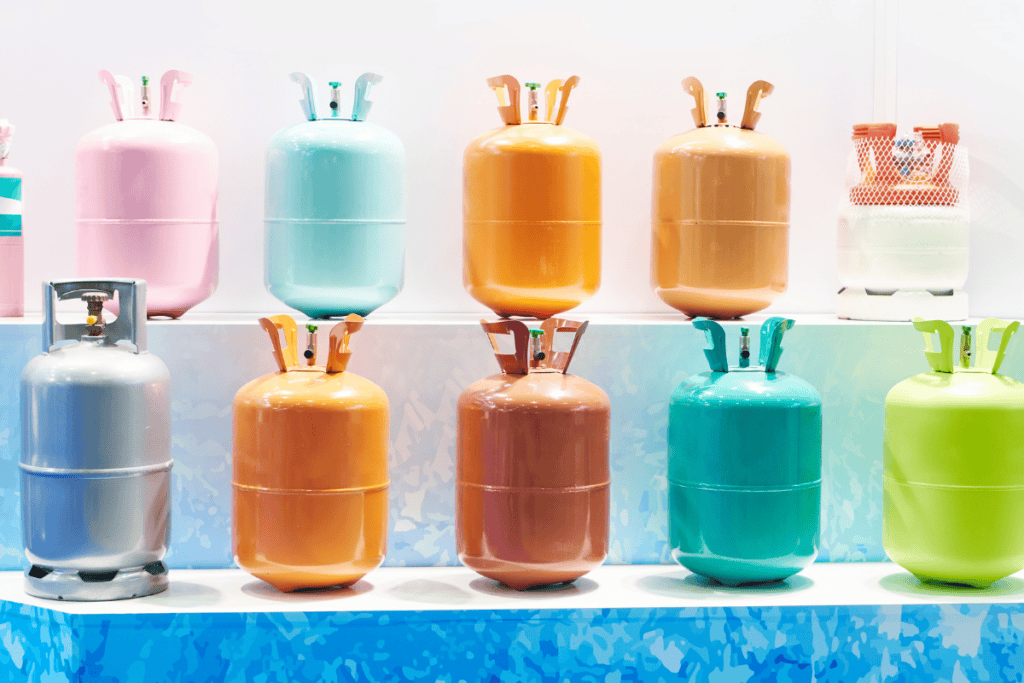
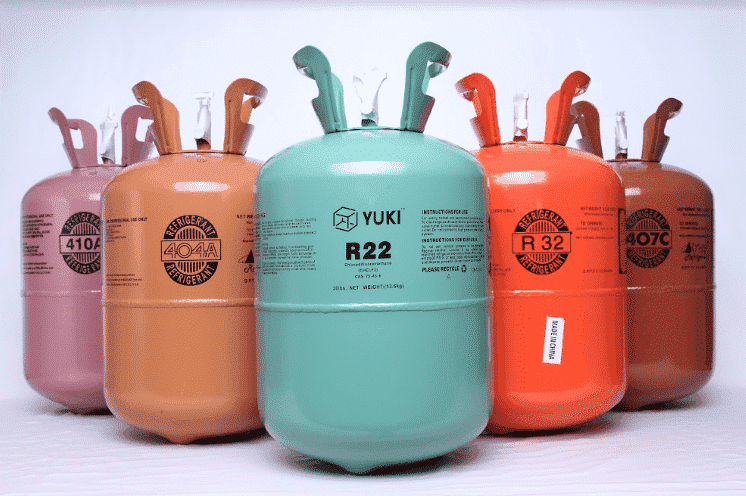
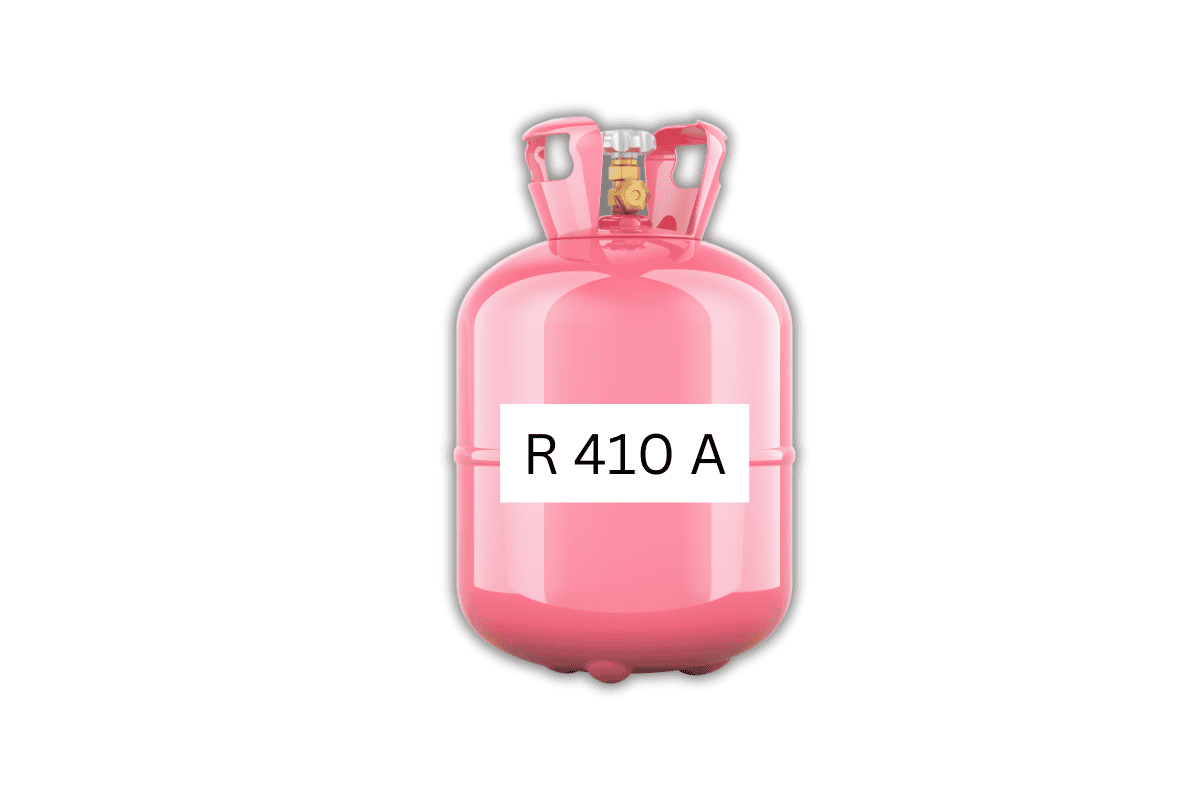
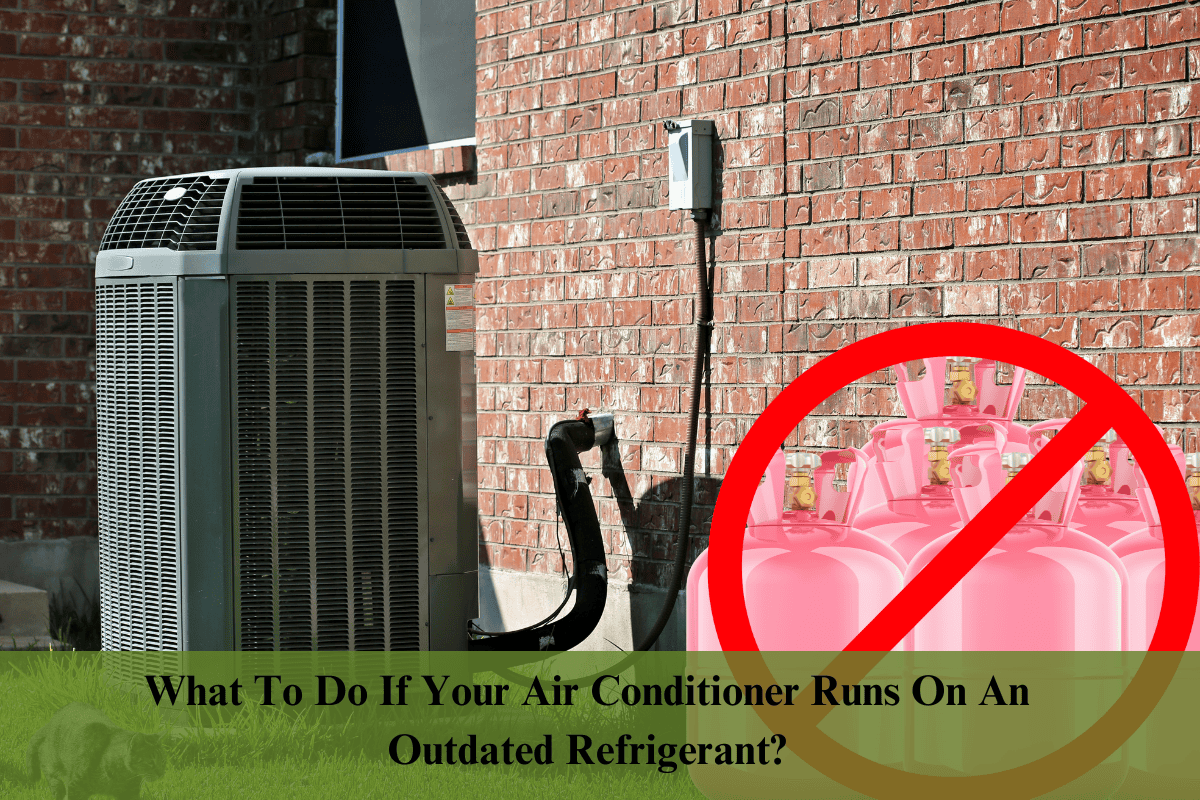
![9 Reasons That Causes an AC Unit to Freeze Up: [Troubleshooting Guide]](https://hvacangel.com/wp-content/uploads/2024/05/what-causes-a-ac-unit-to-freeze-up-1024x683.png)
